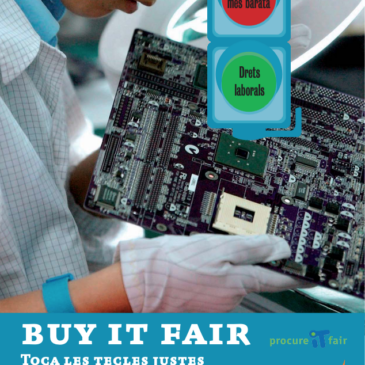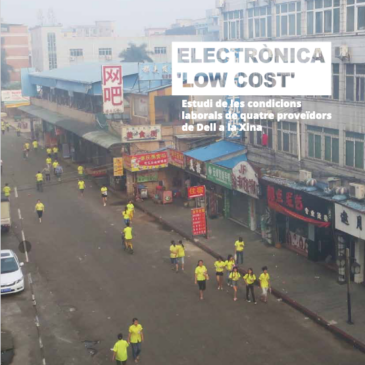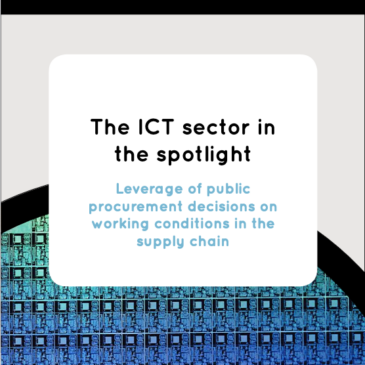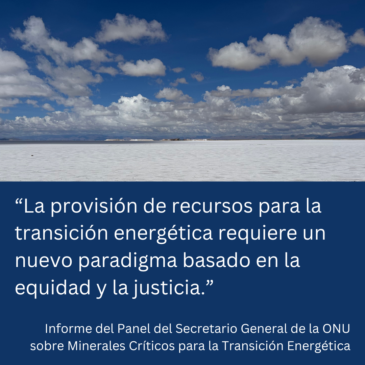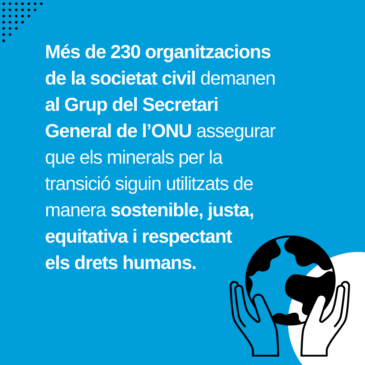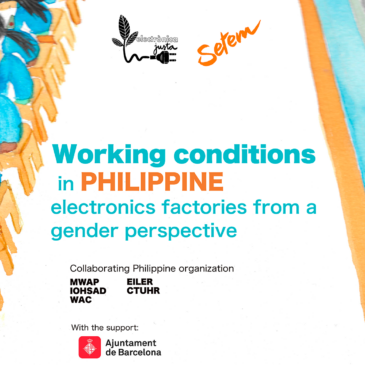BUY IT FAIR
The guide offers practical guidance for public administrations to incorporate sustainability criteria in all phases of a public competition, with special emphasis on social criteria. The increasing digitalisation of public administrations has made computers increasingly an indispensable tool in all their offices and dependencies. For this reason, public institutions have become a very important client of large computer brands. Every day more shopping departments are exploring new products and … Read More

